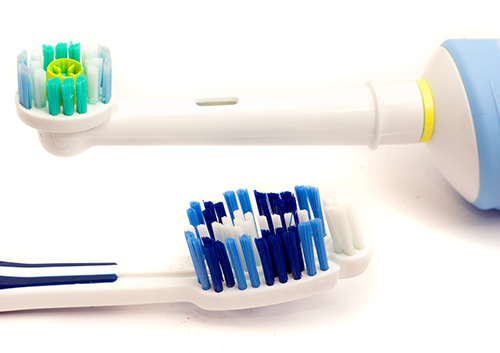How can veneers improve my smile?
July 10th, 2018

Dr. Carl Meyers and our team at Pioneer Dental know your smile is an important part of your appearance; it can be a source of pride or embarrassment. Everyone deserves beautiful, straight teeth that complement their features, but few are born with natural dental perfection. Fortunately, cosmetic dentistry has come a long way in recent years, with veneers making it possible to make over your smile completely.
With dental veneers, the smile of your dreams can become a reality. These thin, wafer-like shells are crafted of porcelain and completely customized to fit your smile. Once your tooth size, shape, and color have been determined, veneers are adhered to the surface of your natural tooth, instantly transforming your appearance. What used to be a secret of the rich and famous is now highly accessible to dental patients around the world.
Benefits of dental veneers
Appearance
Dental veneers are very natural in appearance and virtually undetectable to other people. Their non-porous surfaces make them resistant to staining, which ensures they do not change color over time.
Improvements
Dental veneers can be used to improve the appearance of many kinds of imperfections. In fact, an entirely new smile can be crafted from veneers, to cover up chipped teeth, discoloration, and gaps between teeth.
Durability
Veneers are long-lasting cosmetic enhancements that can survive many years with appropriate care and maintenance. They are specially fabricated to be resistant to scratches and chipping, which makes them a practical solution for the average person.
Flexibility
Dental veneers are highly adaptable. You can opt for only a single veneer to repair a chipped or cracked tooth, or you can modify multiple teeth at once for a smile makeover.
Considerations
Keep in mind that cosmetic treatments like dental veneers are secondary to primary dental care. You must have healthy teeth and disease-free gums to be a candidate for cosmetic procedures. An initial consultation at our convenient West Bend, WI office will reveal any underlying decay or other problems that must be addressed prior to getting veneers. Give us a call today!






